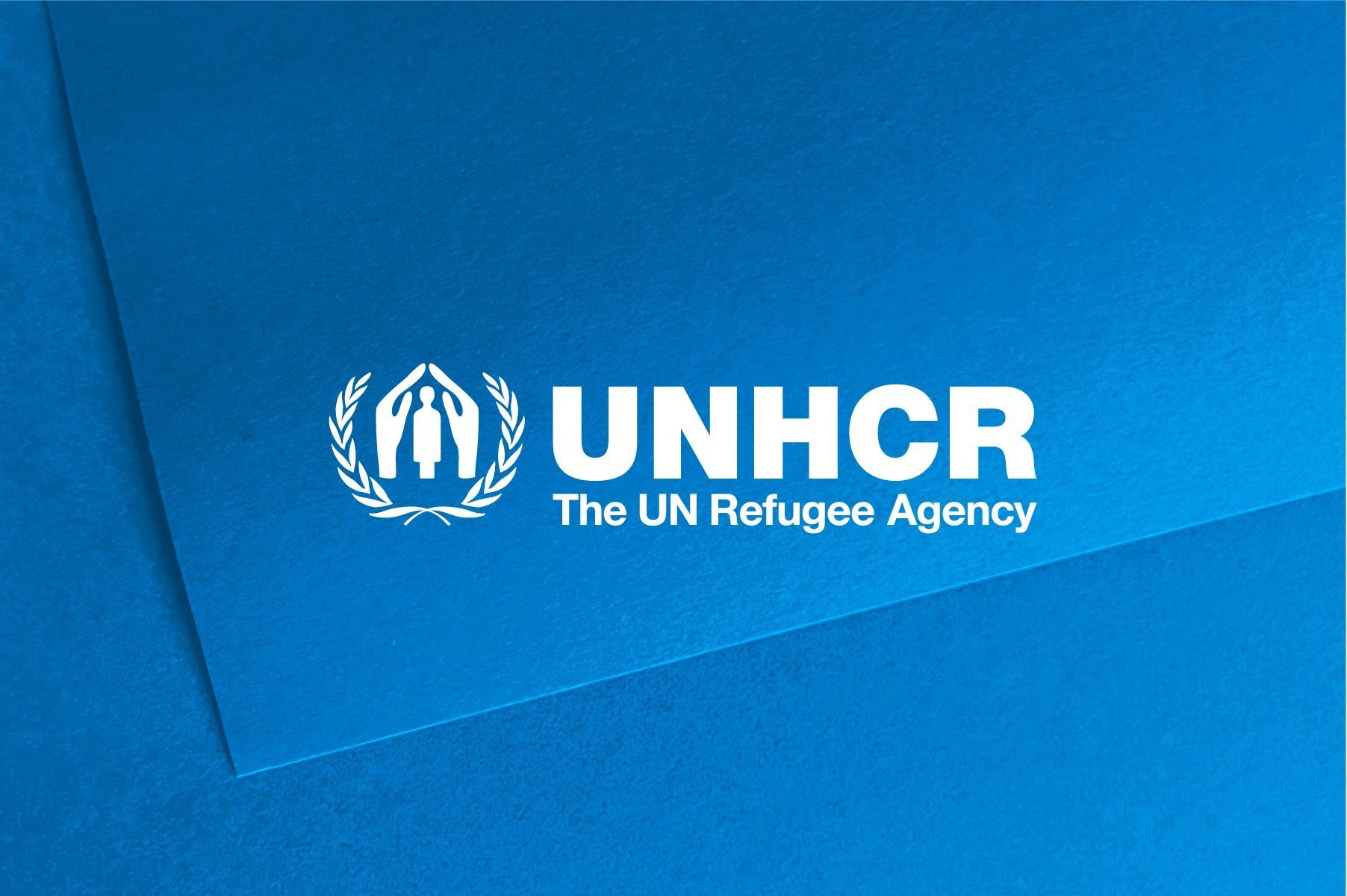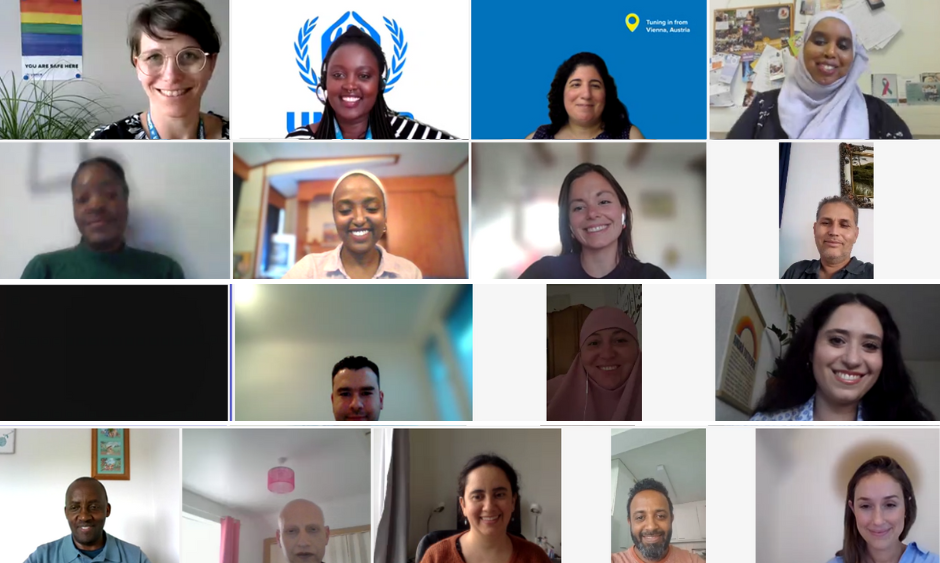UNHCR welcomes the launch of the Report to Government on Improvements to the Protection Process, including Direct Provision
UNHCR welcomes the launch of the Report to Government on Improvements to the Protection Process, including Direct Provision
NHCR welcomes the release today (Tuesday 30 June) of the Working Group Report on the Protection Process.
UNHCR commends the Irish authorities for the establishment of the Working Group and calls for the swift implementation of its recommendations.
The recommendations in the Report were agreed by consensus after 6 months of deliberations by Working Group members including all relevant Government Departments, NGOs, UNHCR and experts in the field of asylum and refugee law. The recommendations address the issues raised by residents of Direct Provision centres in the extensive consultations undertaken with residents. The recommendations are fully costed and their implications and consequences set out.
“The consensus building work by the Working Group makes its recommendations amenable to swift implementation” said Sophie Magennis, Head of Office with UNHCR Ireland. “UNHCR played a key role in the Working Group as chair of its Sub-Group on the Protection Process, and stands ready to assist in the implementation of these important recommendations.”
The key recommendations are:
1. Implementation of the International Protection Bill
The lack of a Single Protection Procedure is the key reason behind long delays in the Irish System. Ireland is the sole EU member State yet to implement a single procedure.
The International Protection Bill, which will make provision for a single procedure should be published and implemented as soon as possible. The Bill will streamline future applications.
The Working Group also recommends that the Bill be used as a vehicle to implement several other recommendations including access to the labour market.
An outline of a Bill to bring in a single procedure was first published in 2007. Bills were published in 2008 and 2010 but did not proceed beyond the Bill stage.
On 25 March, the Minister for Justice and Equality published the General Scheme of the International Protection Bill. Shortly after that, it was referred to the Joint Committee on Justice, Defence and Equality for pre-legislative scrutiny. In late April, the Committee invited written submissions on the General Scheme.
UNHCR understands the Committee will meet tomorrow to discuss the Bill. UNHCR encourages the Committee to expedite its consideration of the General Scheme. Once this phase is complete, UNHCR encourages the Minister for Justice and Equality to swiftly publish the Bill with a view to its early implementation.
There has been a rise in the number of asylum applicants in Ireland in 2015. However, the greatest challenge facing asylum seekers and the authorities in Ireland is the lack of an adequate legal framework for the identification of persons in need of protection and those not in need of protection. With the Single procedure still outstanding, new asylum applications will continue to take years to process.
If the asylum determination bodies are given the legal framework and increased resources they need now, they will be in a position to cope with increased numbers.
2. Long stay solution
The Working Group recommends that all persons awaiting a decision at the protection process and leave to remain stages who have been in the system for five years or more should be granted protection status or leave to remain (subject to certain conditions) as soon as possible and within a maximum of six months from the implementation start date.
In the case of all persons who have a deportation order and who have been in the system for five years or more the solution proposed, as an exceptional measure, is that they should have their deportation order revoked and leave to remain granted (subject to certain conditions) as soon as possible and within a maximum period of six months from the implementation start date.
These recommendations have the potential to affect over 3,000 people, of whom 1,450 are in direct provision.
The working group recommends that the Minister of State for New Communities, Culture and Equality convene a taskforce to focus on assisting people exiting Direct Provision to integrate into communities.
To guard against future delays, the Working Group recommends the maintenance of the 5 year solution into the future and that consideration be given to reducing the 5 year mark in the future.
3. Improvements to the current system
The Working Group has made recommendations on improving the system for current applicants:
Access to the Labour Market
The Working Group recommends that all protection applicants who have been waiting for a decision on their first instance application for nine months or more, and who have cooperated with the protection process, should be given access to the labour market - as is the norm in the EU - once the forthcoming International Protection Bill is implemented and the single procedure is operating efficiently.
Student supports
The Working Group recommends that student supports should be extended for third-level and post-Leaving Certificate courses to persons who are protection applicants or who are at the leave-to-remain stage, have been in the Irish school system for five years or more, and satisfy the relevant academic and other eligibility criteria.
Increase in weekly allowance
The Working Group recommends an increase in the weekly allowance from €19.10 to €38.74 for adults and from €9.60 to €29.80 for children. The rise in relation to adults restores the ratio between the weekly allowance and the Supplementary Welfare Allowance (SWA) as pertained in 2000 when it was first set.
Accommodation
The Working Group recommends that all families should have access to cooking facilities (whether in a self-contained unit or through use of a communal kitchen) and their own private living space in so far as practicable. It is recognised that it may take time to reconfigure existing centres or bring new centres on line that meet this requirement. With this in mind, the end of 2016 is identified as the date by which these recommendations should be fully implemented.
To address the concerns around living conditions for single persons, 80% of whom are in shared bedrooms, the Working Group recommends that they should have the possibility of applying for a single room after nine months and be offered one after 15 months. They should also have the option of cooking for themselves
Access to Ombudsman and Ombudsman for Children
The Working Group recommends the extension of the remit of the Ombudsman and the Ombudsman for Children to include complaints relating to services provided to residents and transfer decisions following a breach of the House Rules
Note to editors:
How many asylum applicants were there in 2015 to date?
The latest statistics show that 257 people claimed asylum in Ireland last month. The total for the year to date, as of 29 June is 1,454 applications. As of 29 June, the Irish authorities predict there will be 3,000 applications this year. This is the estimate that is set out in the Working Group Report and it is the estimate on which the recommendations are based.
The total number of applications for 2014 was 1,448 so there is a significant rise in the number of applicants this year, albeit from a low base. The rise is consistent with an increase across the European Union.
How many people live in direct provision?
As of 16 February 2015, there were 7,937 people in the system, of whom 55% were in the system for five years or more. Of the total number, 3,607 persons were residing in Direct Provision accommodation centres around the country, with 41% of this group in the system for five years or more. Following
How much does it cost to accommodate people in direct provision?
Each year that a person remains in the system gives rise to accommodation costs of €10,950 on average per applicant.
How many asylum-seekers were consulted as part of the working group process?
Ten regional consultation sessions with 381 participants and visits to 15 accommodation centres were held. A call for written submissions led to submissions from 13 groups of residents, and individually from 58 adults and 31 children.





